Whiskey Health Benefits, Nutrition, Side Effects, And Limit
From improving blood sugar levels to managing dementia, this beverage does more than you think.

Image: Shutterstock
Whiskey is made from the fermentation of grains. This distilled alcoholic beverage has at least 40% of alcohol and is available in pale gold to dark amber color. The benefits of whiskey are numerous. When taken in moderation, whiskey may help lower cholesterol levels and reduce the incidence of dementia. It is often considered a social tonic and is consumed by most people to relax.

This article explores the health benefits of whiskey, its nutrition facts, how much of it can you safely consume, and its side effects. Keep reading.
 Know Your Ingredient: Whiskey
Know Your Ingredient: WhiskeyWhat Is It?
Distilled alcoholic beverage with 40% alcohol content, made from the fermentation of grains.
What Are Its Benefits?
Whiskey lowers cholesterol levels, reduces the risk of dementia and coronary artery disease, and clears sinuses and congestion of the airways.
Who Can Consume It?
Everyone of legal age can consume whiskey in moderation
How Often?
One glass per week.
Caution
Excess consumption of whiskey can cause cognitive decline and liver tissue injury.
 Did You Know?
Did You Know?In This Article
What Makes Whiskey Different From Other Drinks?
Whiskey, bourbon, and scotch are all similar drinks but have different tastes
. But, while all scotch and bourbon are whiskeys, not all whiskeys are scotch or bourbon. The processes and containers make a difference here.
Whiskey is made with mash from grains like corn, wheat, barley, and rye. It is then allowed to age in charred white oak barrels. However, it cannot age after it is bottled.
Bourbon has at least 51% corn content and is aged only in new smoked oak barrels for at least two years. On the other hand, scotch is made in Scotland with only water and barley and is allowed to age for at least three years. Some producers age scotch for up to ten years to enhance its flavor.
 Trivia
TriviaWhat nutrients does whiskey have? Let us take a look at them in the following section.
Key Takeaways
- Whiskey is a distilled alcoholic beverage made from grains like corn, wheat, barley, and rye.
- When consumed in moderation, it may reduce the risk of developing dementia, cancer, and heart disease.
- It can also help clear congested sinuses and aid digestion.
- However, excessive whiskey consumption can increase health risks and lead to addiction.
Nutritional Profile Of Whiskey
Two fl oz. (around 60 ml) of whiskey contains (1):
| Energy | 96.8 kcal |
| Carbohydrates | 8.6 g |
| Fat | 0.02 g |
| Calcium | 0.65 mg |
| Iron | 0.052 mg |
| Magnesium | 0.65 mg |
| Phosphorus | 3.9 mg |
| Potassium | 3.25 mg |
| Sodium | 13 mg |
| Vitamins C, B1, B2, B3, B5, and A | Trace |
| Alcohol | 9.16 g |
Whiskey may not be replete with all the nutrients, but it still may offer some health benefits. Let us explore the eight health benefits of whiskey in the following section.
Health Benefits Of Whiskey
1. May Help Lower Cholesterol Levels
, Chief Medical Officer of Rex MD, says, “Whiskey contains high levels of polyphenols (plant-derived antioxidants) that enter alcohol during fermentation. These antioxidants help lower bad cholesterol (LDL) levels and increase good cholesterol (HDL) levels.”
Besides, drinking phenolic-containing alcoholic beverages may also enhance the antioxidant capacity of blood plasma (2).
2. May Benefit Your Heart Health

Research suggests that higher antioxidant levels may help reduce the risk of coronary artery disease (2). In addition, these antioxidants help reduce oxidative stress, which is a major cause of heart disease (3). Research also suggests that the ellagic acid in whiskey may help transport cholesterol from plaque areas and reduce the risk of heart disease (4).
Another study linked low to moderate intake of alcohol with the strongest reduction in adverse cardiovascular outcomes (5).
3. May Improve Blood Sugar Levels
Whiskey has a lower glycemic index (it contains slow-digesting carbohydrates). A study suggests that consuming moderate amounts of alcohol may help reduce the risk of type 2 diabetes (6). However, binge drinking has the opposite effect.
Dr. Daniel Boyer from Farr Institute says, “Moderate whiskey consumption may lower your risk of developing diabetes by up to 40% because it makes the body properly regulate insulin and glucose levels. Controlling your blood sugar levels lowers the risk of developing diabetes.”
4. May Aid In Digestion

Whiskey is a strong alcoholic beverage. Therefore, a drink of alcohol after a meal may help stimulate digestion (7).
“Taking whiskey after consuming a giant portion meal that may result in stomach upsets may help ease your stomach. It does that by stimulating your stomach enzymes since it is high-proof,” remarks Dr. Boyer.
5. May Help Clear Your Sinuses
Research suggests that alcohol, in moderate amounts, can clear sinuses and reduce the congestion in your airways
(8). A hot toddy (with hot water, honey, lemon juice, and a shot of whiskey) is believed to help when you are down with a cold.
6. May Help Reduce Cancer Risk
Whiskey contains ellagic acid (a polyphenol) that attacks cancerous cells. The acid inhibits the proliferation of tumor cells, induces apoptosis (cell death), and breaks DNA-carcinogen bindingi The phenomenon of a part of DNA getting bound to cancer-causing chemicals in the body, potentially leading to cancer. . It also blocks virus infection and disturbs inflammation and other processes required for tumor growth (9).
“Ellagic acid may absorb rogue cells (rare cells with multiple chromosomes in the body) when combined with other forms of medical treatments,” says Dr. Boyer.
However, more specific research is warranted to understand the effects of whiskey on cancerous cells.
7. May Reduce Risk Of Developing Dementia

Studies show that older adults who consumed up to six alcoholic drinks per week had a lower risk of developing dementia (10). More direct studies on whiskey are warranted in this regard.
On the other hand, older adults who consumed more than 14 drinks per week reported the most severe cognitive decline compared to those who had less than one drink a week (11).
While moderate whiskey intake may offer you these benefits, consuming it in excess may have serious side effects. Keep reading to know more.
8. May Reduce Risk Of Developing Dementia
Studies show that older adults who consumed up to six alcoholic drinks per week had a lower risk of developing dementia (10). More direct studies on whiskey are warranted in this regard.
On the other hand, older adults who consumed more than 14 drinks per week reported the most severe cognitive decline compared to those who had less than one drink a week (11).
Now that you know the benefits of whiskey, check out some interesting drink recipes to try out. Keep reading!
Discover the versatility of whiskey with these delightful recipes that highlight its unique flavor profile and potential health benefits:
- Whiskey Sour
Ingredients
- 2 ounces whiskey
- 1 ounce lemon juice
- 0.75 ounce simple syrup
- Egg white (optional)
- Bitters
Instructions
- Combine ingredients in a cocktail shaker.
- Shake vigorously with ice.
- Strain into a rocks glass.
- Garnish with a lemon wedge.
- Winter Whiskey Sour
Ingredients
- 2 ounces whiskey
- 1 tablespoon honey
- 1 ounce lemon juice
- Hot water
- Cinnamon stick
Instructions
- Combine whiskey, honey, and lemon juice in a mug.
- Add hot water to fill the mug.
- Stir in a cinnamon stick for added flavor.
- Enjoy these delicious recipes and discover the many benefits of incorporating whiskey into your lifestyle.
While moderate whiskey intake may offer you these benefits, consuming it in excess may have serious side effects. Keep reading to know more.
Side Effects Of Excess Whiskey Intake

Excess whiskey intake (or any form of alcohol) may increase the risk of addiction (12). “Alcohol is known for calming your nerves. It increases dopamine production in your body and makes you feel relaxed,” says Dr. Rose. But the craving for alcohol increases if the body gets used to increased dopaminei A neurotransmitter, and one of the feel-good hormones, which affects the feelings of motivation and pleasure. levels (13).
Excess intake of alcohol may also increase the risk of heart disease (14). It may also increase blood sugar levels and cause diabetes (6). Besides, drinking more than one drink per day was linked to cognitive decline and dementia (10). One’s liver also sustains the earliest tissue injury from excessive drinking, which may even lead to liver cirrhosisi An illness where healthy liver tissue is replaced by scar tissue, potentially inhibiting liver function. (15).
Micheal Thompson, a blogger, recalls his personal experience of how his life positively transformed after quitting alcohol. He became an early addict and stated how he got groped in the pleasure of alcoholism. Soon, he realized that his body was showing signs and added, “I started to get instant headaches and it took me about a year or so to accept the fact that alcohol and I no longer mixed. He later talks about the positive changes in his life and how he feels more happy and more satisfied now (i).
Interactions between drugs and whiskey, or alcohol in general, can be dangerous. Let us learn about the common medications alcohol can interact with in the next section.
Drugs That Interact With Alcohol
The alcohol content in whiskey ranges from 40-50%, and it may react with various classes of medicines (16). Some of them include:
- Pain relief medications like Aspirin, Tylenol, and Ibuprofen
- Antibiotics like Erythromycin and Isoniazid
- Seizure medication like Dilantin
- Cold medications and cough syrups like Benadryl
- Medications that prevent blood clots, like Warfarin
- Antidiabetic medications like Metformin and Chlorpropamide
- Sedatives like Xanax and Valium
- Anti-arthritis medications like Rheumatrex
- Antidepressants like Adapin and Aventyl
- Herbal medications like chamomile and valerian
Alcohol may prevent these medications from producing the desired effects. It may even lead to excessive drowsiness when taken with sedatives. Hence, avoid intake of all types of alcohol if you are on any of these medications.
How much whiskey is safe to drink every day? Which part of the day is best to consume it? Keep scrolling to find out.
The Right Whiskey Limit

As stated above, moderate consumption (one glass per week) of whiskey is recommended to reap its benefits. Moreover, the best time to drink whiskey would be after an evening supper, as digestion slows down at night. Whiskey could also be a good option if you have a big meal at any time of the day and think you need a digestif to help (provided you weigh your options right).
 Fun Fact
Fun FactInfographic: 5 Benefits Of Whiskey You Didn’t Know About
While many enjoy whiskey for its rich flavors, only a few are aware of its surprising health benefits. This timeless alcoholic beverage is low in fat and rich in phosphorus among other essential nutrients. Check out the infographic below for the health benefits of consuming whiskey in moderation.
Some thing wrong with infographic shortcode. please verify shortcode syntaxWhiskey is a distilled alcoholic beverage with rich phenol compounds. This liquor is rich in carbs and minerals and exhibits antioxidant properties that help treat many ailments. It is generally taken for relaxation or stress relief. If consumed in moderation, whiskey benefits your health in many ways. Whiskey intake may help lower cholesterol levels, benefit your heart health, aid digestion, and reduce airway congestion. However, excessive intake of hard spirits like whiskey may increase the risk of addiction, increase blood sugar levels, poor blood circulation, and lead to cognitive decline and dementiai A disorder caused by brain damage that leads to memory loss, reduced thinking capacity, difficulty concentrating, and mood swings. . Hence, limit its intake and consult your doctor in case of emergencies.
Frequently Asked Questions
Is whiskey good for sleep?
Yes. Many compounds in whiskey stimulate the neurotransmittersi Chemical messengers in the nervous system that help regulate breathing, brain functioning, and blood flow to the muscles. in sleep, resulting in sleep-inducing effects (17).
Is whiskey better than beer?
No. Whiskey is a hard spirit and has higher alcohol content than beer. Drinking more whiskey is more harmful than drinking more beer (18), (19).
Is whiskey good for the skin?
Maybe. Whiskey is rich in ethanol that acts as an antiseptic and disinfectant. However, excess use may dry the skin out (20).
Illustration: Whiskey Health Benefits, Nutrition, Side Effects, And Limit
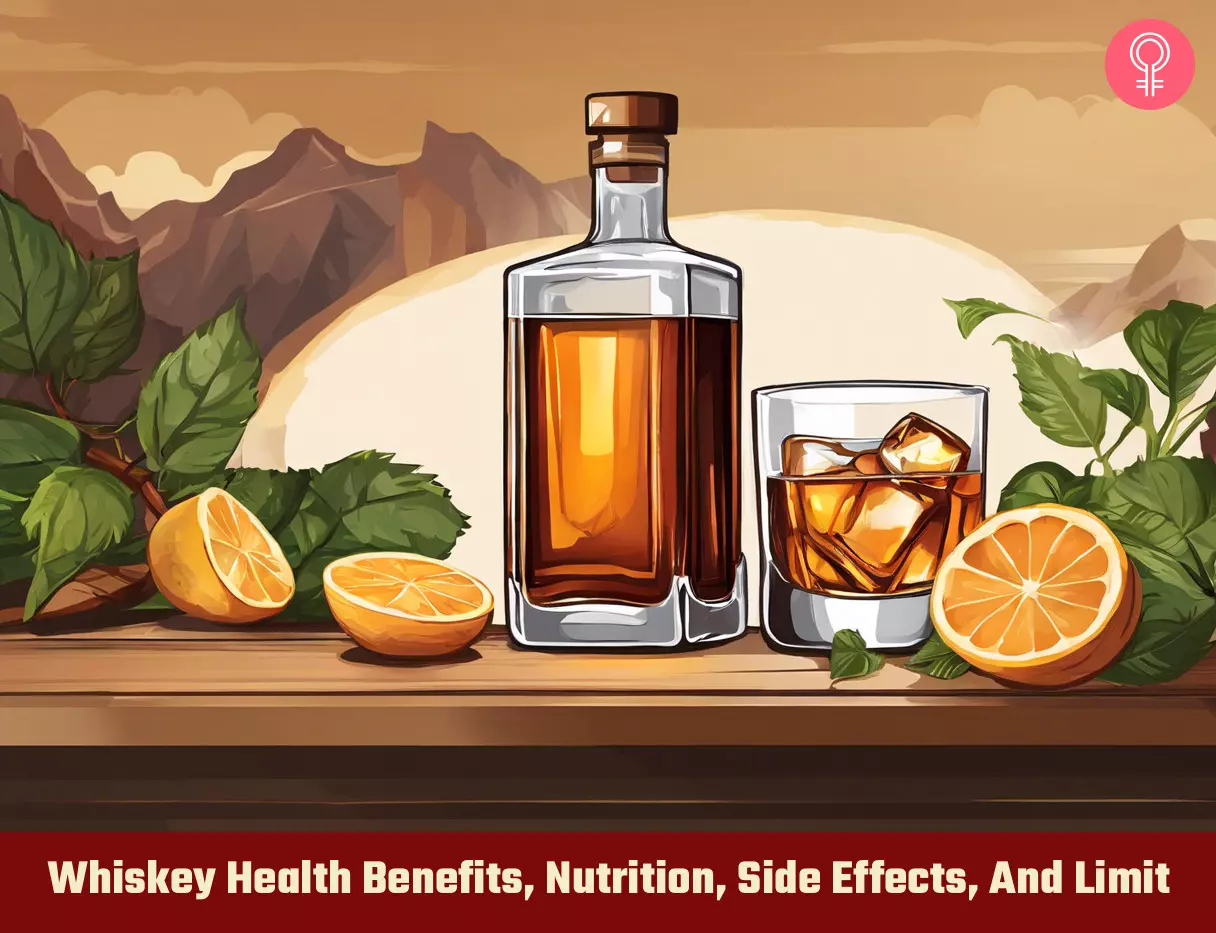
Image: Stable Diffusion/StyleCraze Design Team
Check out this video to learn the top 5 health benefits of whiskey! Discover how whiskey can help improve your heart health, reduce stress, and more!
Personal Experience: Source
StyleCraze's articles are interwoven with authentic personal narratives that provide depth and resonance to our content. Below are the sources of the personal accounts referenced in this article.
i. How Life Has Changed Since I Quit Drinkinghttps://medium.com/personal-growth/how-life-has-changes-since-i-quit-drinking-79ecaa35026a
References
Articles on StyleCraze are backed by verified information from peer-reviewed and academic research papers, reputed organizations, research institutions, and medical associations to ensure accuracy and relevance. Read our editorial policy to learn more.
- Alcoholic beverage whiskey sour
https://fdc.nal.usda.gov/fdc-app.html#/food-details/173662/nutrients - The effect of whiskey and wine consumption on total phenol content and antioxidant capacity of plasma from healthy volunteers
https://pubmed.ncbi.nlm.nih.gov/9805220/ - Antioxidants inflammation and cardiovascular disease
https://www.ncbi.nlm.nih.gov/labs/pmc/articles/PMC4072837/ - Improvements in Metabolic Health with Consumption of Ellagic Acid and Subsequent Conversion into Urolithins: Evidence and Mechanisms
https://www.ncbi.nlm.nih.gov/labs/pmc/articles/PMC5015040/ - Alcohol and cardiovascular health: the dose makes the poison…or the remedy
https://pubmed.ncbi.nlm.nih.gov/24582196/ - Alcohol and type 2 diabetes: A review
https://www.nmcd-journal.com/article/S0939-4753(10)00106-7/fulltext - DISCUSSION ON THE VALUE OF ALCOHOL AS A THERAPEUTIC AGENT
https://www.ncbi.nlm.nih.gov/labs/pmc/articles/PMC2152027/pdf/procrsmed01421-0050.pdf - Alcohol and Airways Function in Health and Disease
https://www.ncbi.nlm.nih.gov/labs/pmc/articles/PMC2081157/ - Research progress on the anticarcinogenic actions and mechanisms of ellagic acid
https://www.ncbi.nlm.nih.gov/labs/pmc/articles/PMC4069806/ - Prospective study of alcohol consumption and risk of dementia in older adults
https://pubmed.ncbi.nlm.nih.gov/12636463/ - Alcohol Consumption and Risk of Dementia and Cognitive Decline Among Older Adults With or Without Mild Cognitive Impairment
https://www.ncbi.nlm.nih.gov/labs/pmc/articles/PMC6777245/ - Understanding Alcohol Use Disorder
https://www.niaaa.nih.gov/publications/brochures-and-fact-sheets/understanding-alcohol-use-disorder - Alcohol and Dopamine
https://www.ncbi.nlm.nih.gov/labs/pmc/articles/PMC6826820/ - Alcohol’s Effects on the Cardiovascular System
https://www.ncbi.nlm.nih.gov/labs/pmc/articles/PMC5513687/ - Alcoholic Liver Disease: Pathogenesis and Current Management
https://www.ncbi.nlm.nih.gov/labs/pmc/articles/PMC5513682/ - Alcohol and medication interactions
https://www.ncbi.nlm.nih.gov/pmc/articles/PMC6761694/ - Aging of whiskey increases the potentiation of GABA(A) receptor response
https://pubmed.ncbi.nlm.nih.gov/12926865/ - Alcoholic beverage, whiskey sour
https://fdc.nal.usda.gov/fdc-app.html#/food-details/173662/nutrients - Alcoholic beverage, beer, regular, all
https://fdc.nal.usda.gov/fdc-app.html#/food-details/168746/nutrients - Production of first- and second-generation ethanol for use in alcohol-based hand sanitizers and disinfectants in India
https://www.ncbi.nlm.nih.gov/pmc/articles/PMC8155184/
Read full bio of Lakshmi Tejasvi.M
Read full bio of Gayathri Vijay
Read full bio of Ravi Teja Tadimalla
Read full bio of Payal Karnik





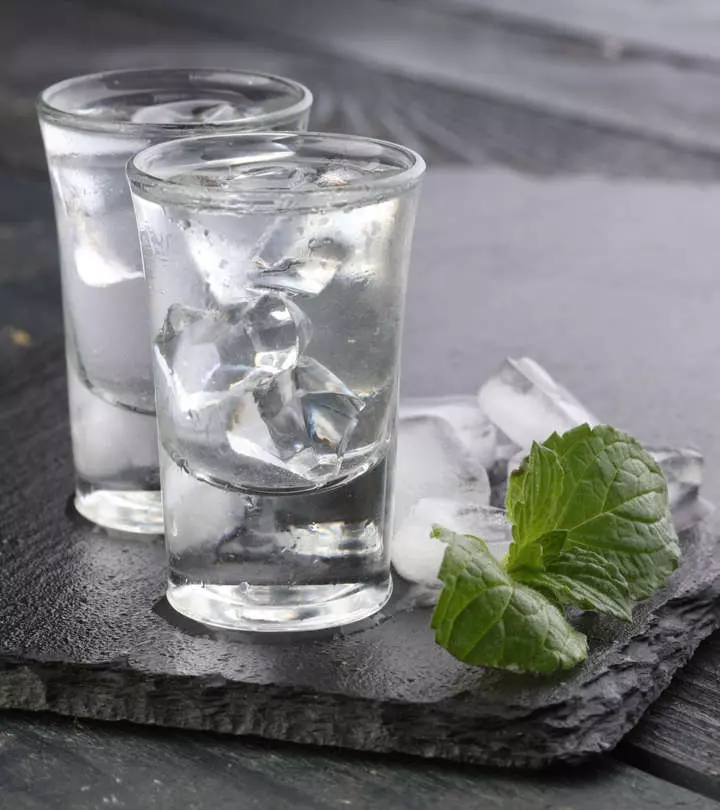
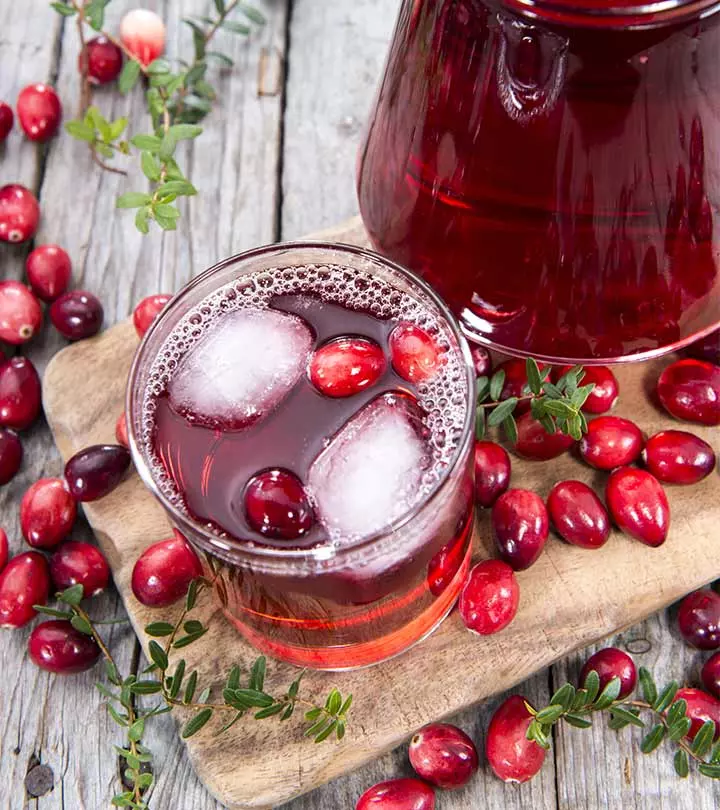
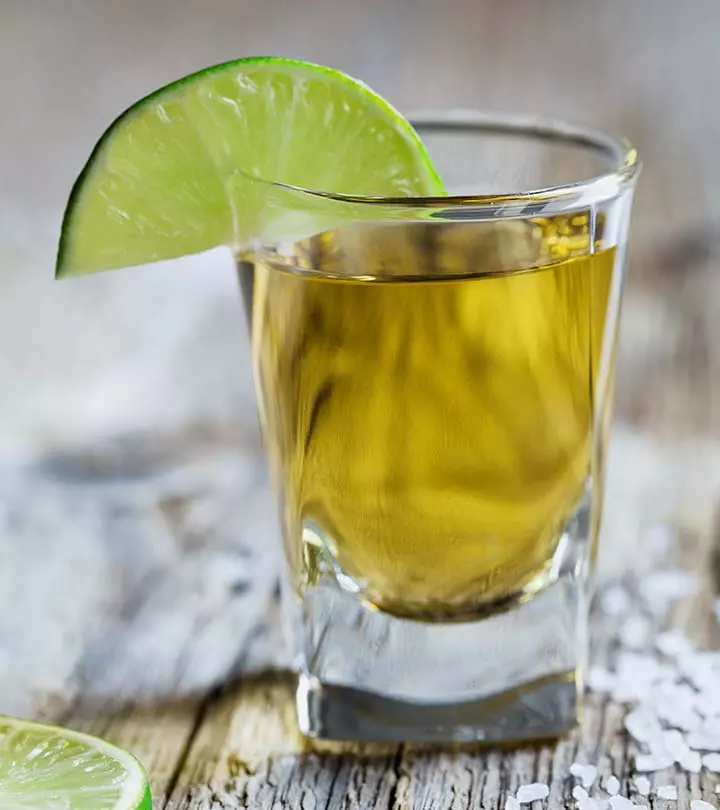

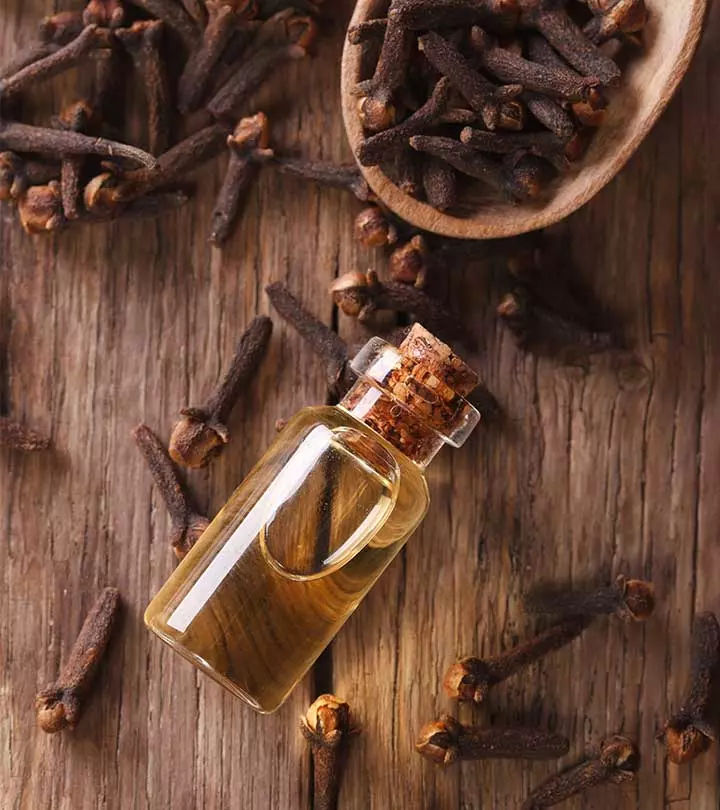
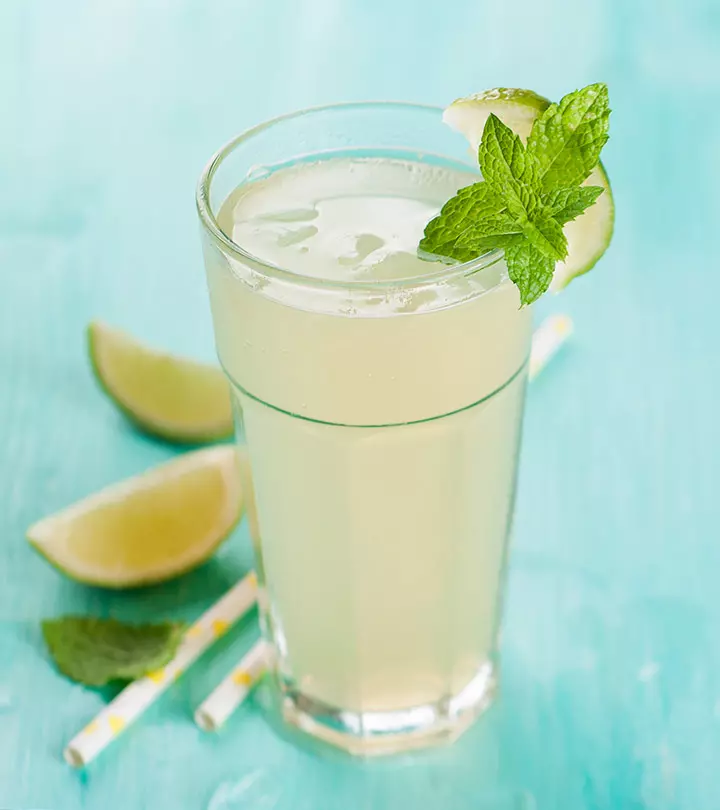
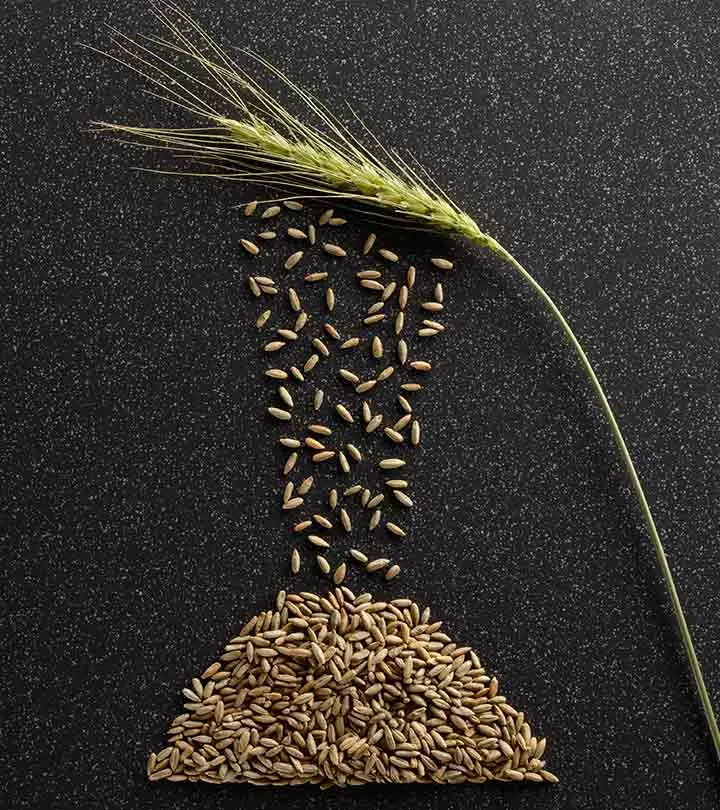



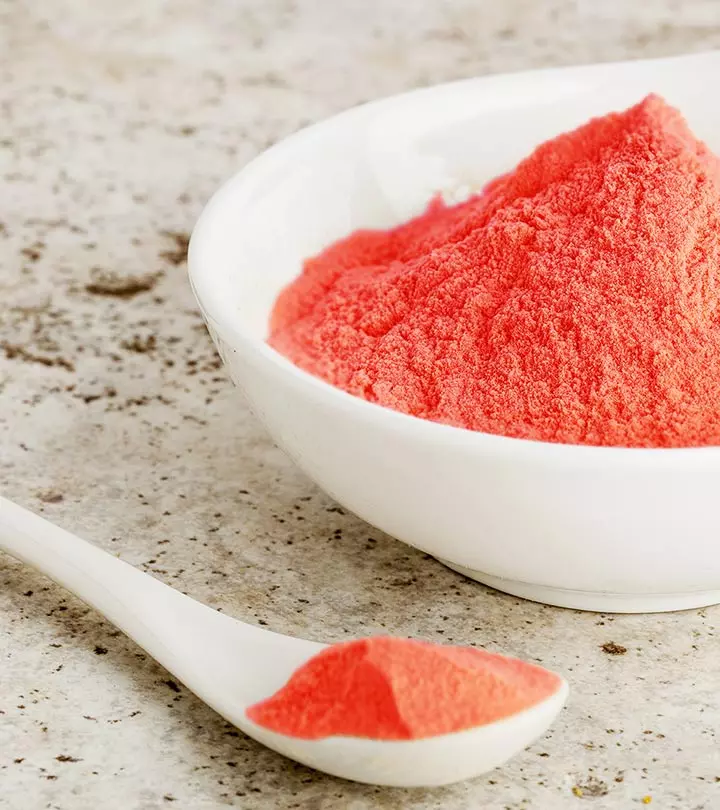
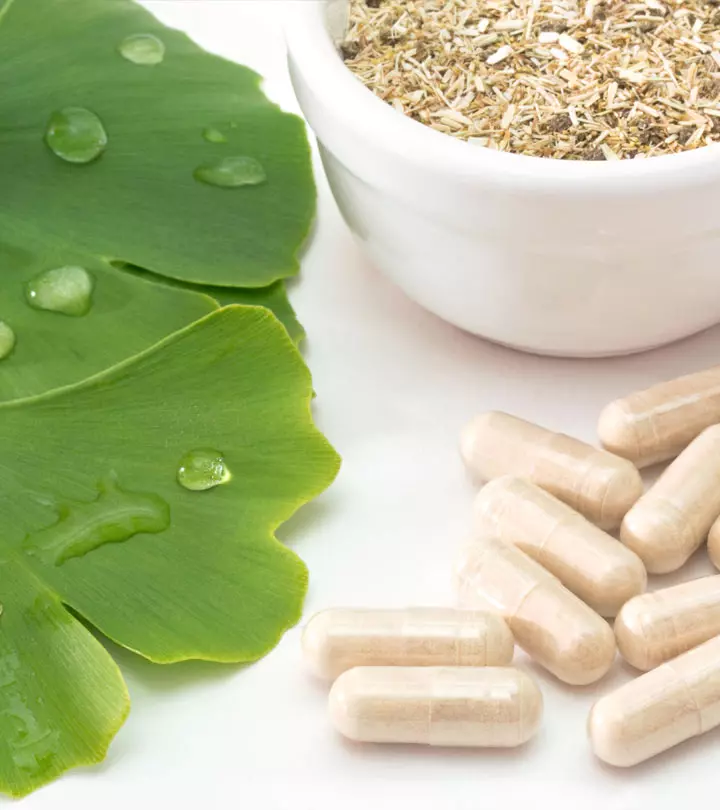
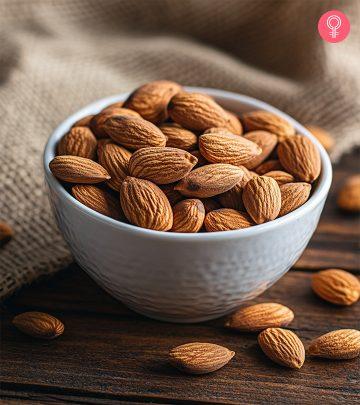

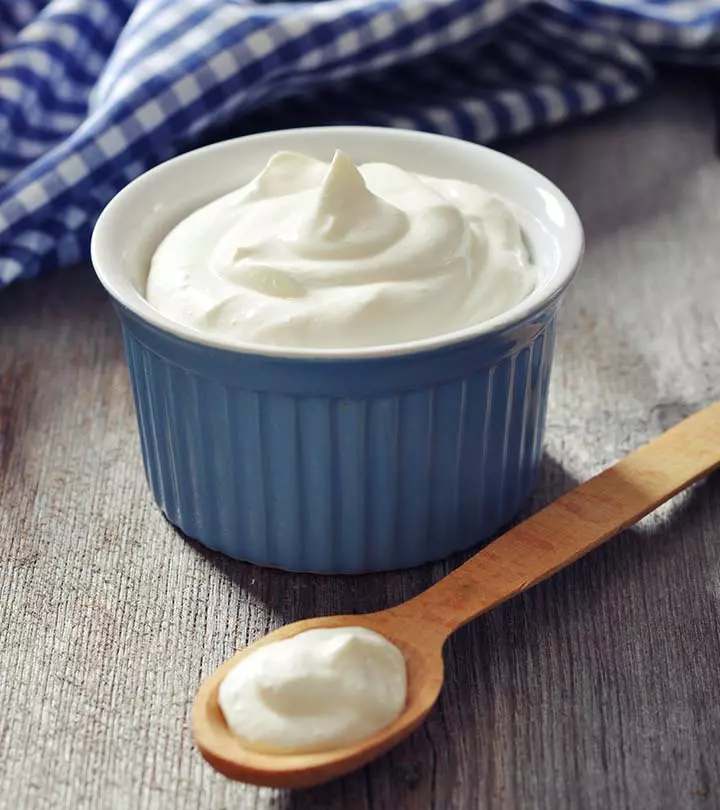


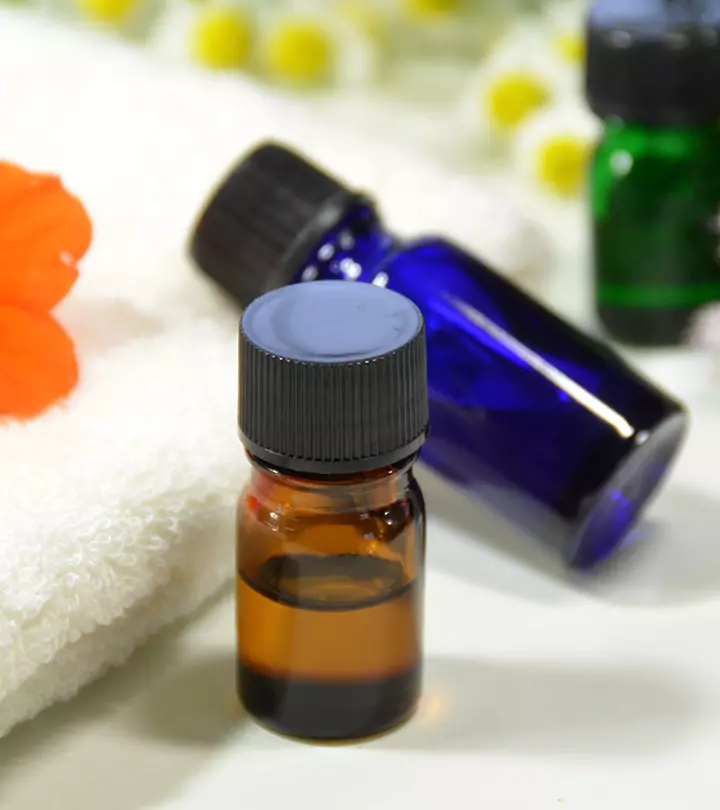
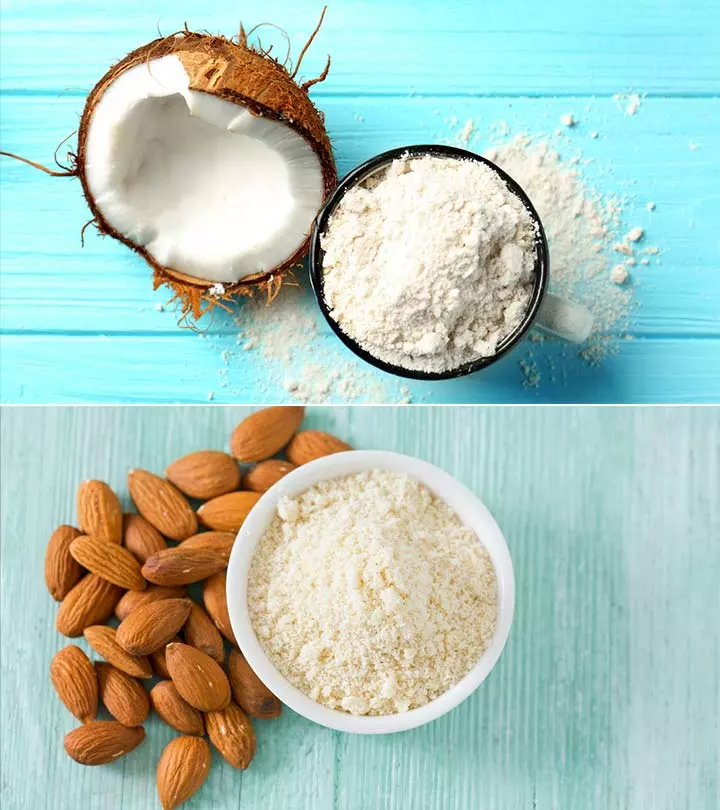
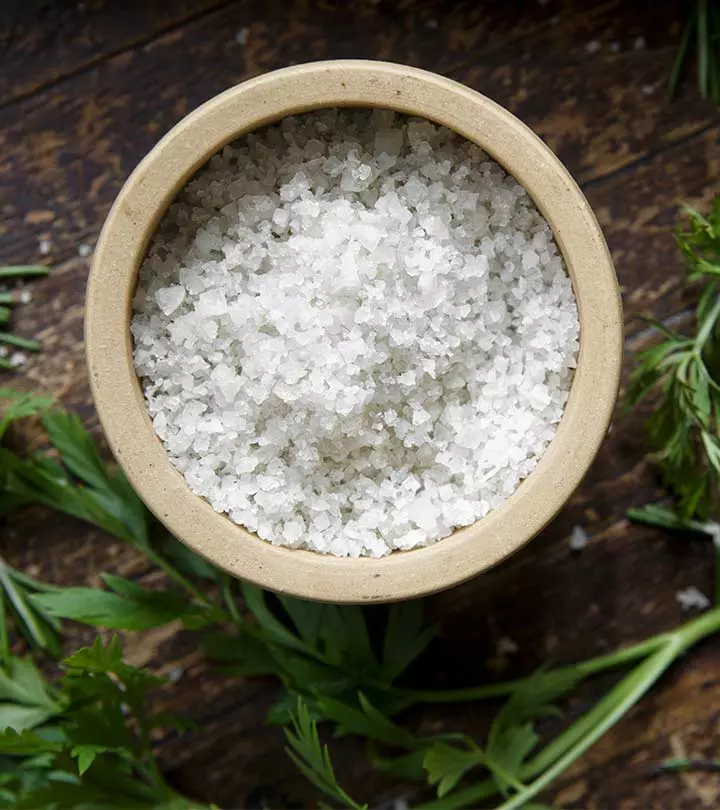

Community Experiences
Join the conversation and become a part of our empowering community! Share your stories, experiences, and insights to connect with other beauty, lifestyle, and health enthusiasts.